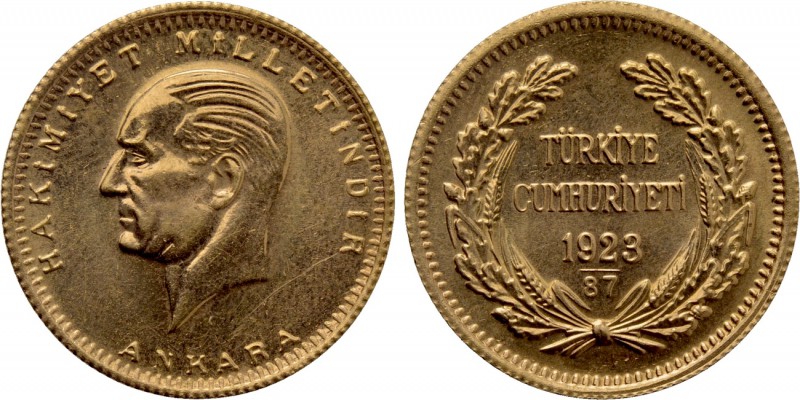The Historical Significance of the Year 1923

Introduction
The year 1923 was a pivotal moment in global history, marked by significant political, cultural, and economic events. Understanding this year provides insight into how historical developments shaped modern society. Key occurrences in 1923 had lasting effects, influencing various sectors including politics, literature, and economics.
Political Changes
One of the most notable events of 1923 was the ongoing ramifications of World War I. In Germany, the country faced severe economic difficulties, which led to hyperinflation and widespread unrest. By November 1923, the exchange rate peaked at 4.2 trillion marks for one US dollar, crippling the economy and leading to the eventual rise of extremist political factions. This economic turmoil set the stage for the rise of Adolf Hitler and the Nazi Party in subsequent years.
In Turkey, 1923 marked the establishment of the Republic of Turkey following the fall of the Ottoman Empire. Mustafa Kemal Atatürk introduced a series of radical reforms aimed at transforming the new republic into a modern, secular state. This transformation from the Ottoman legacy towards a new Turkish identity has had lasting implications for the region.
Cultural Developments
1923 was also significant in the realm of culture. In literature, the renowned American author F. Scott Fitzgerald continued to gain acclaim with his publication of “The Great Gatsby” and other works that encapsulated the Roaring Twenties. Meanwhile, in the realm of theatre, the opening of the “The Old Dark House” plays influenced the horror genre.
In film, the silent film era was nearing its end, experiencing a transition to ‘talkies,’ which would revolutionize the industry. The first Academy Awards took place in 1929, setting the groundwork for what would become a significant cultural institution in Hollywood.
Economic Impact
The year was underpinned by major economic events, particularly the hyperinflation in Germany that rerouted economic policy discussions worldwide. Countries were forced to rethink their monetary policies as the economic fallout from the war lingered. The crisis laid the groundwork for future European stability measures developed in the subsequent decade.
Conclusion
In conclusion, 1923 showcased a confluence of political upheaval, cultural renaissance, and economic transformation. Understanding these events offers valuable perspectives on the complexities of history and impacts the modern world continues to feel today. As we reflect on the lessons from 1923, it becomes clear that the past can inform our present and future challenges, influencing our responses in an ever-changing global landscape.








